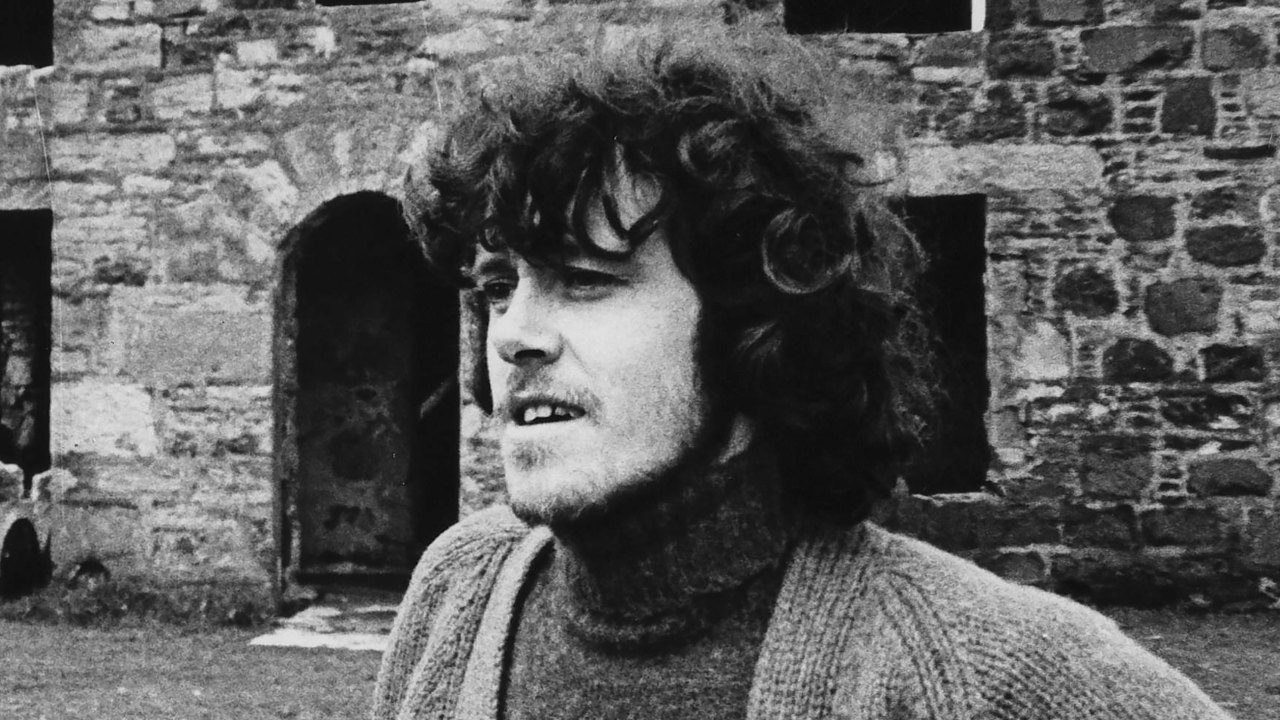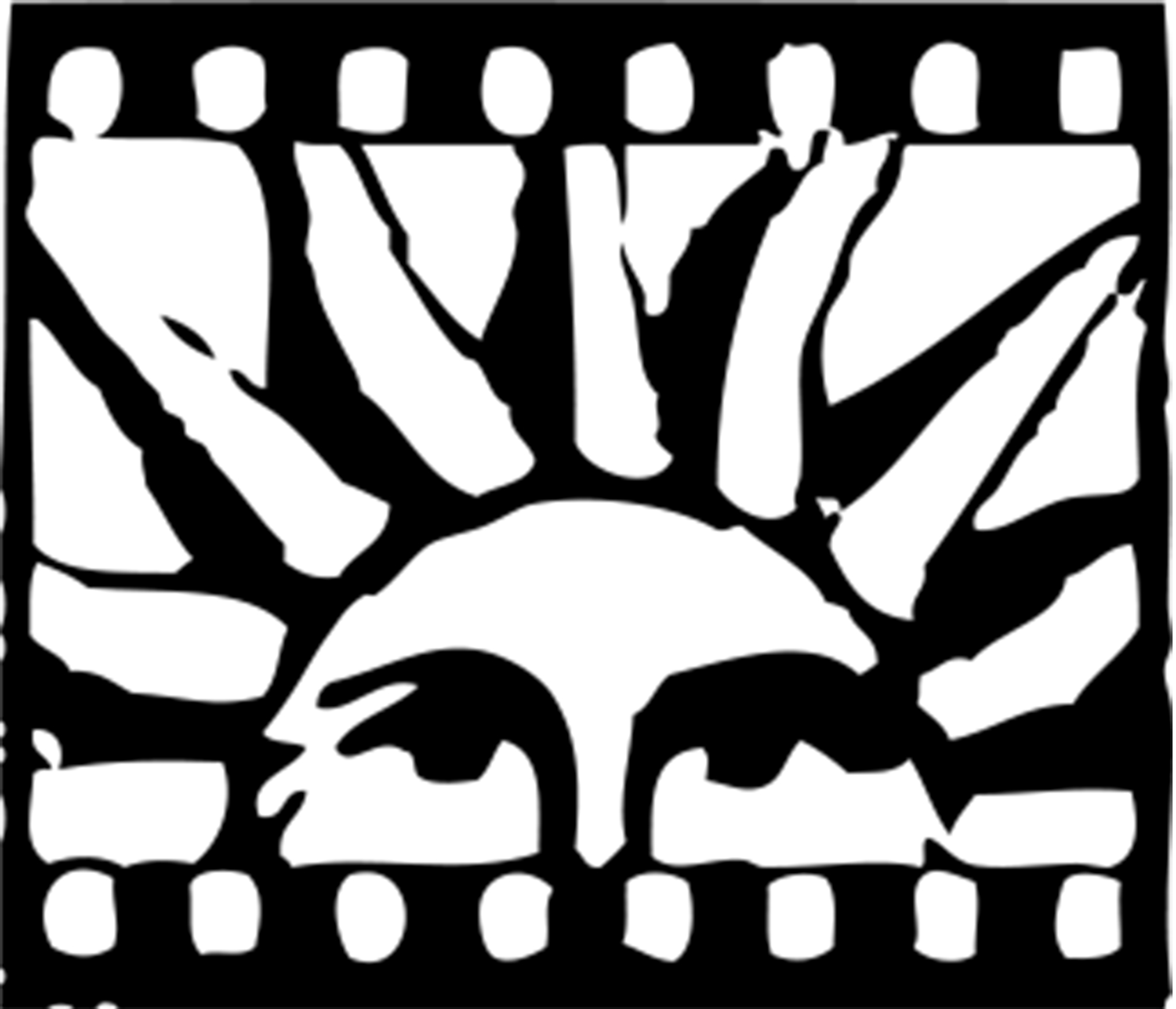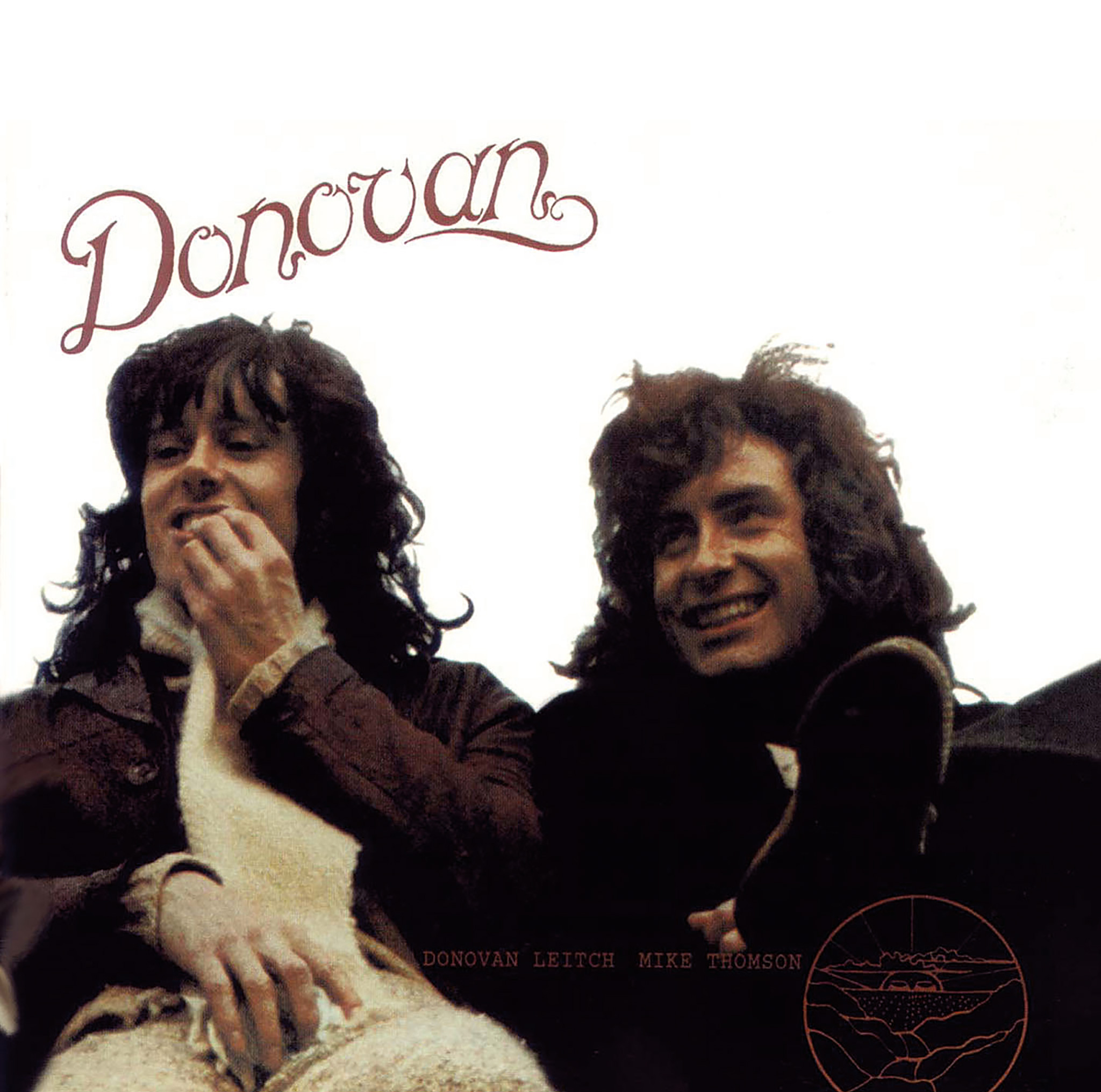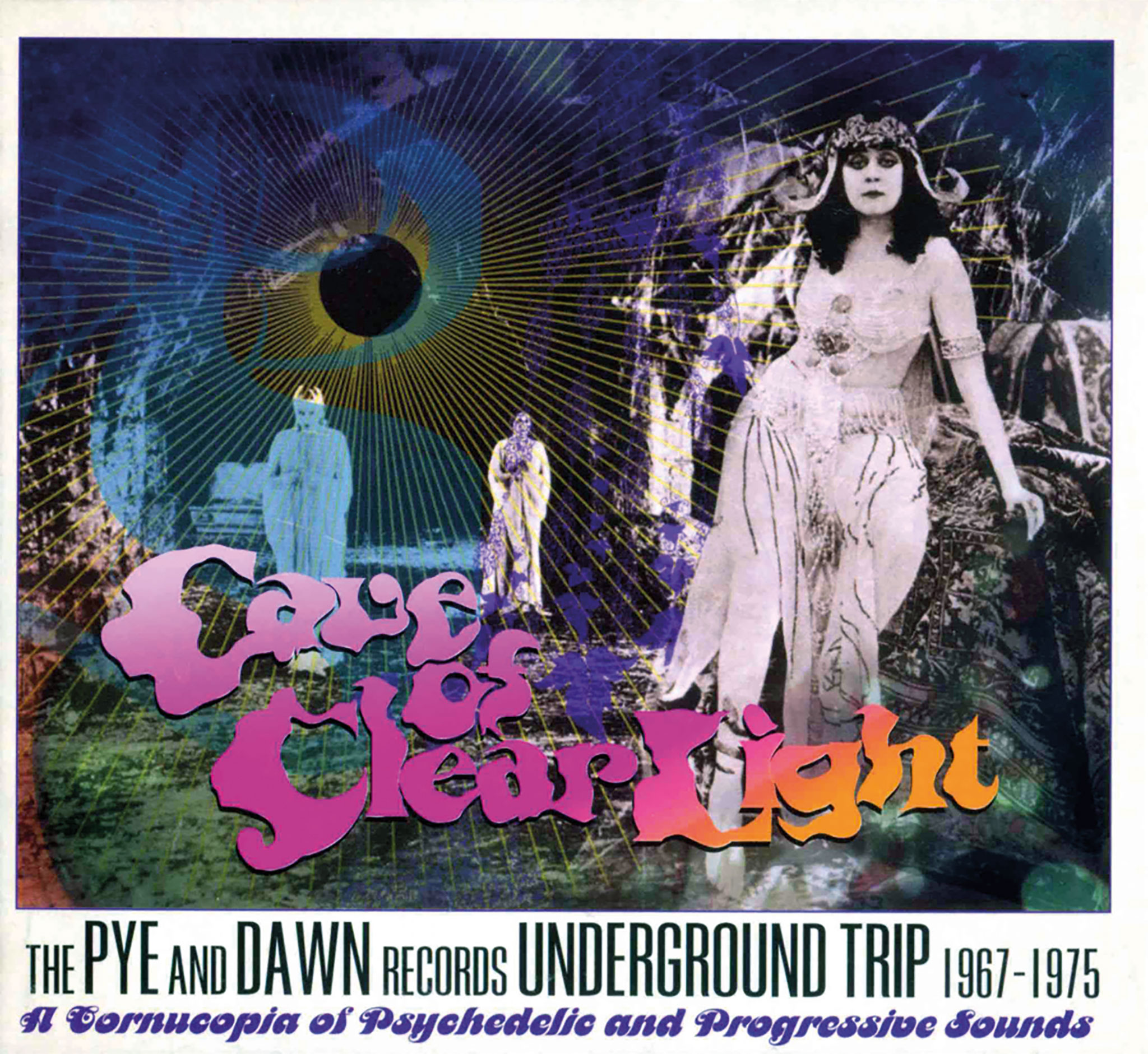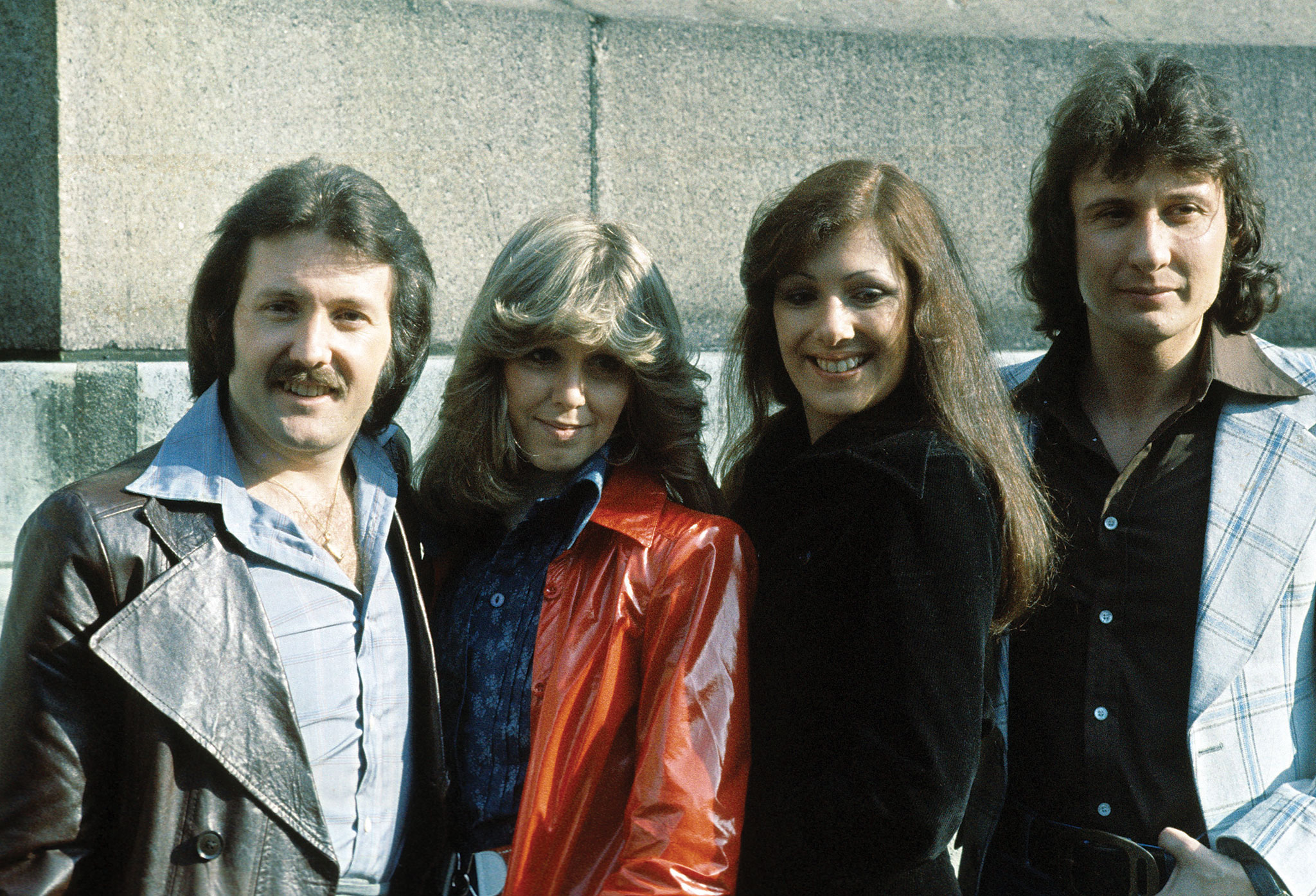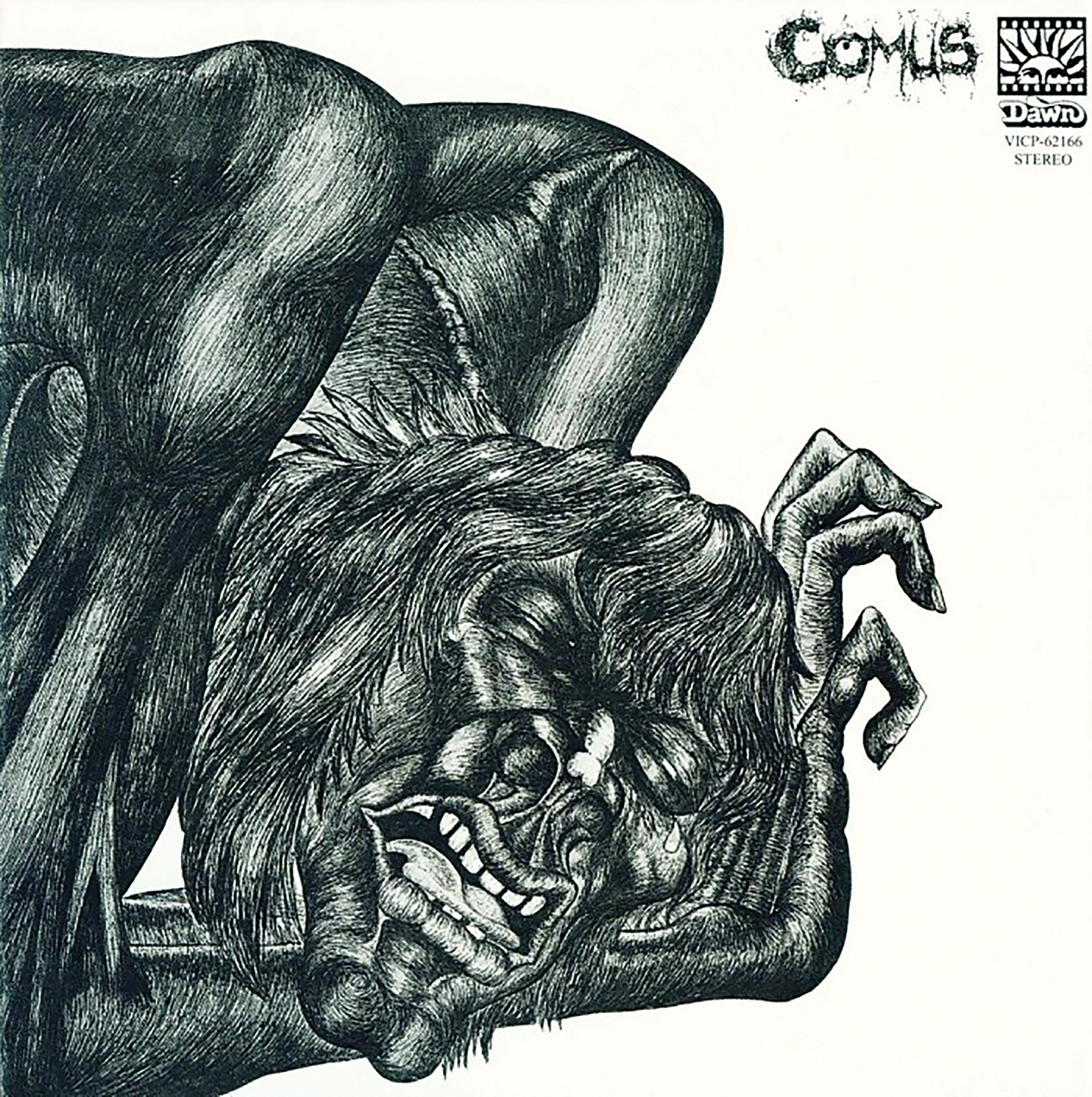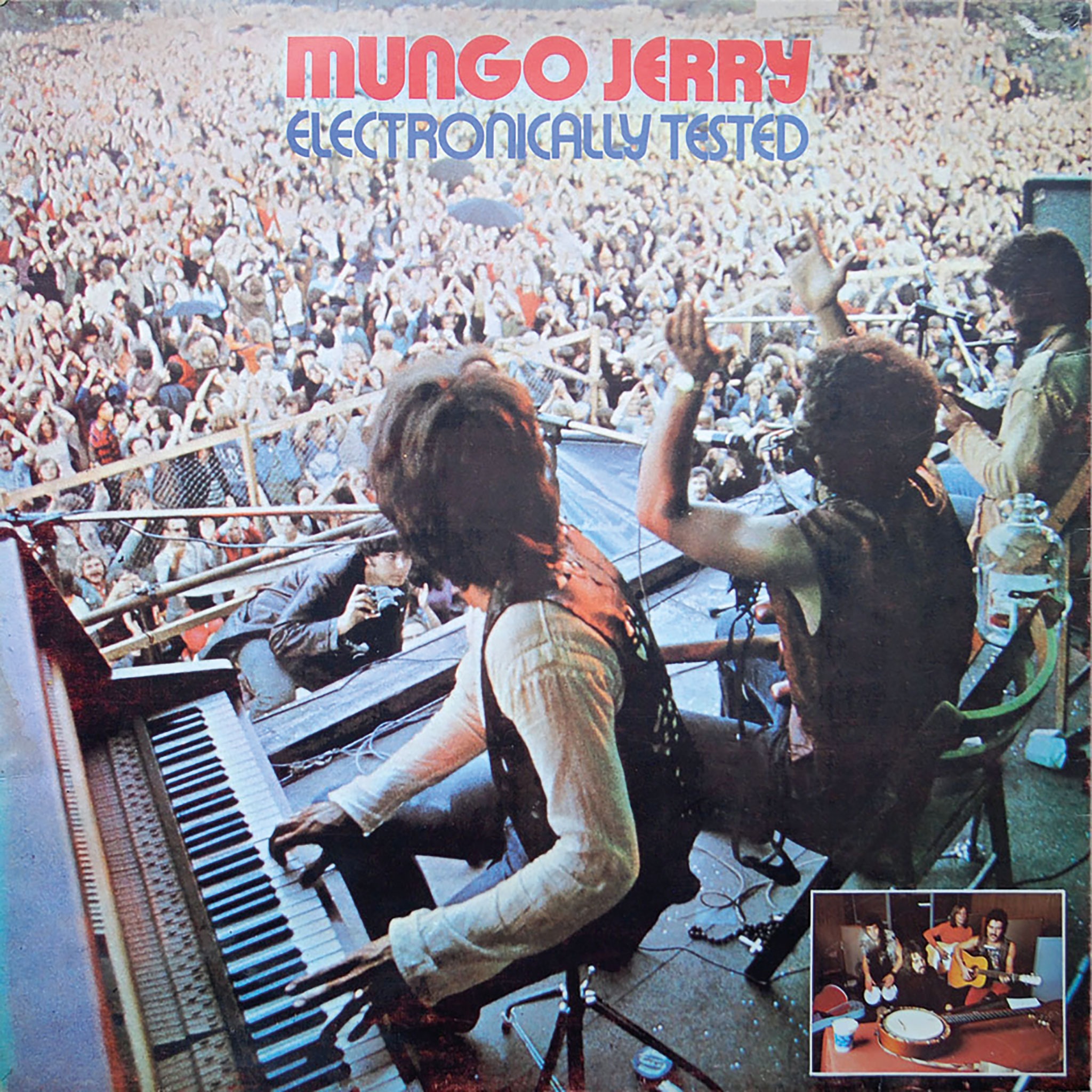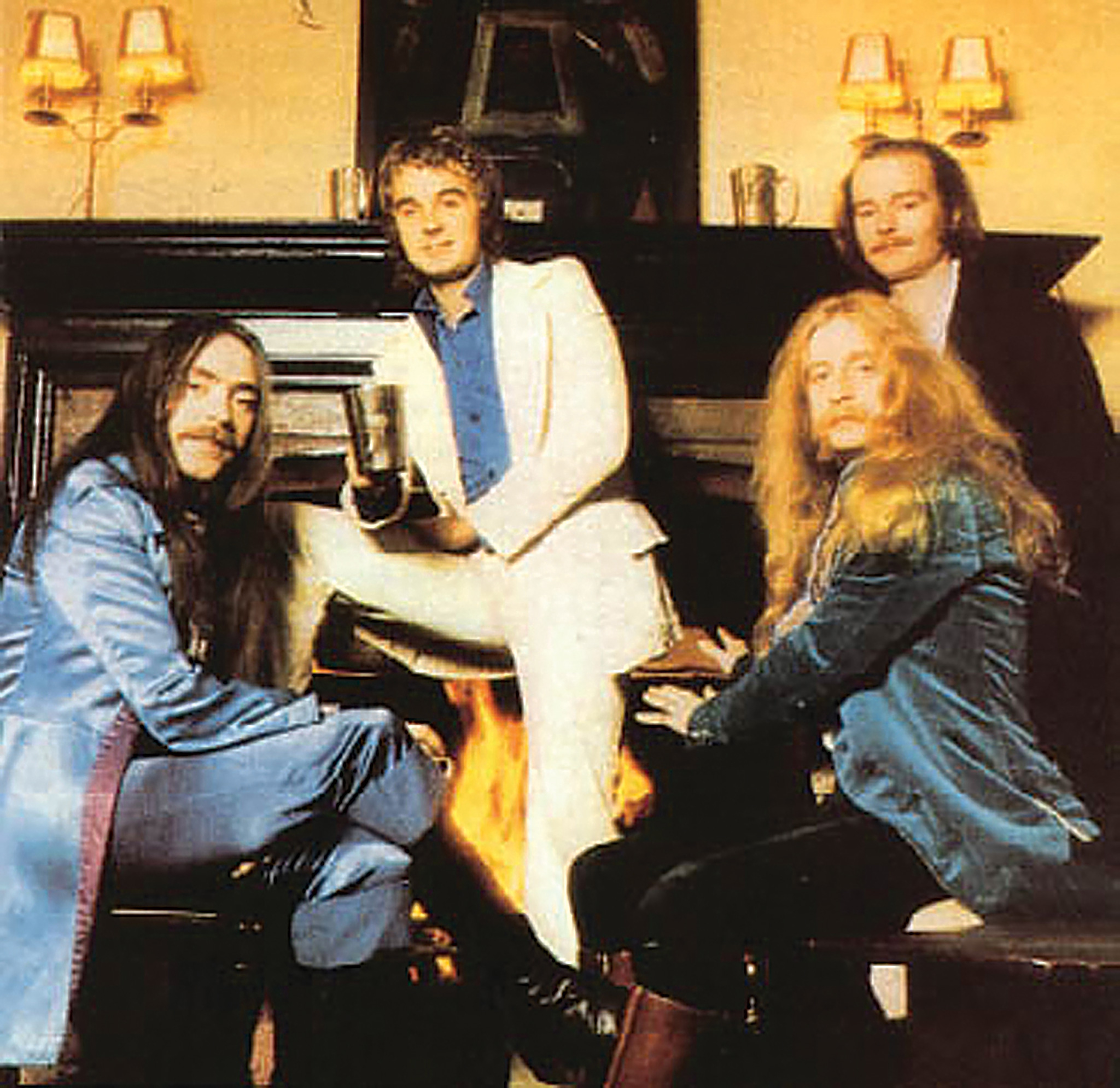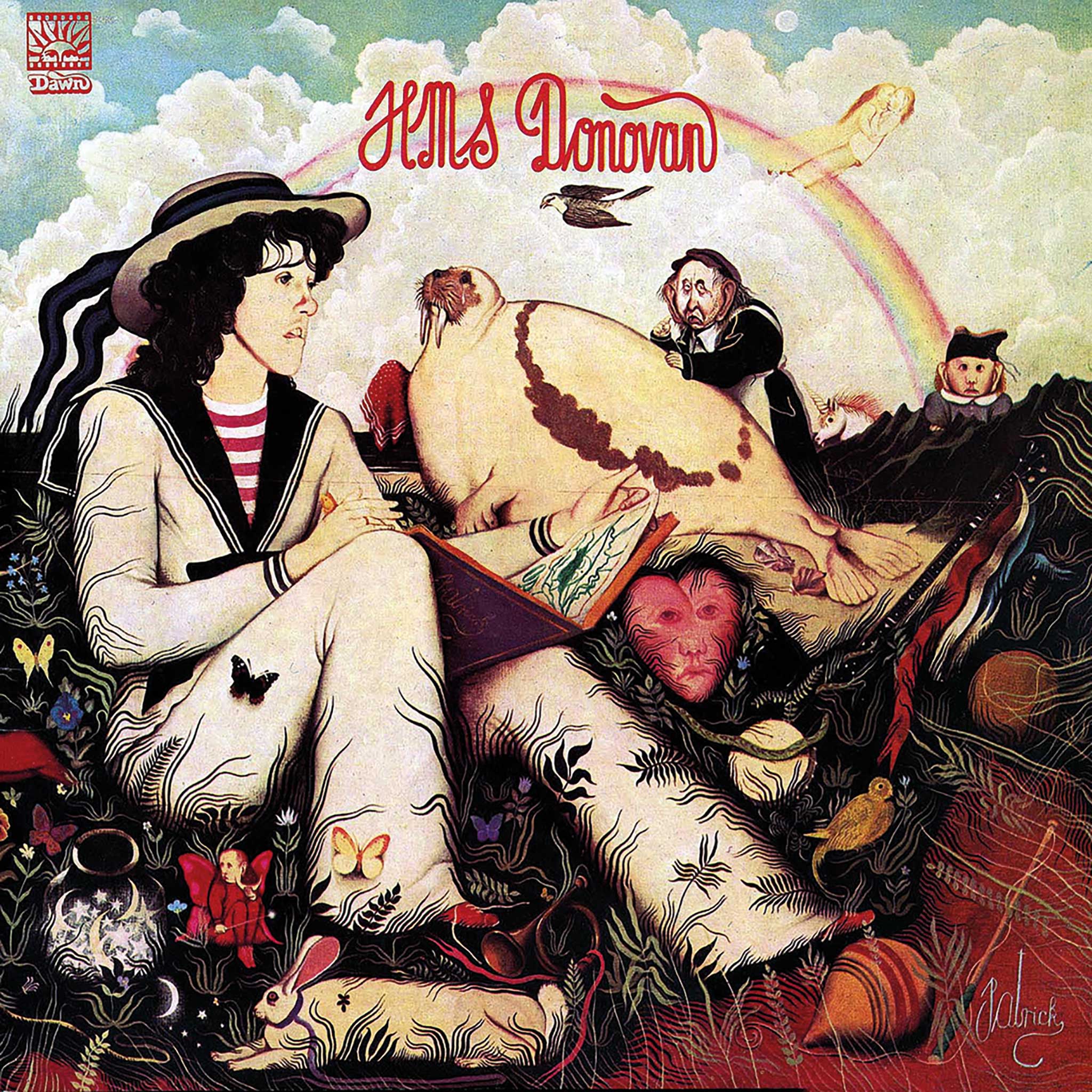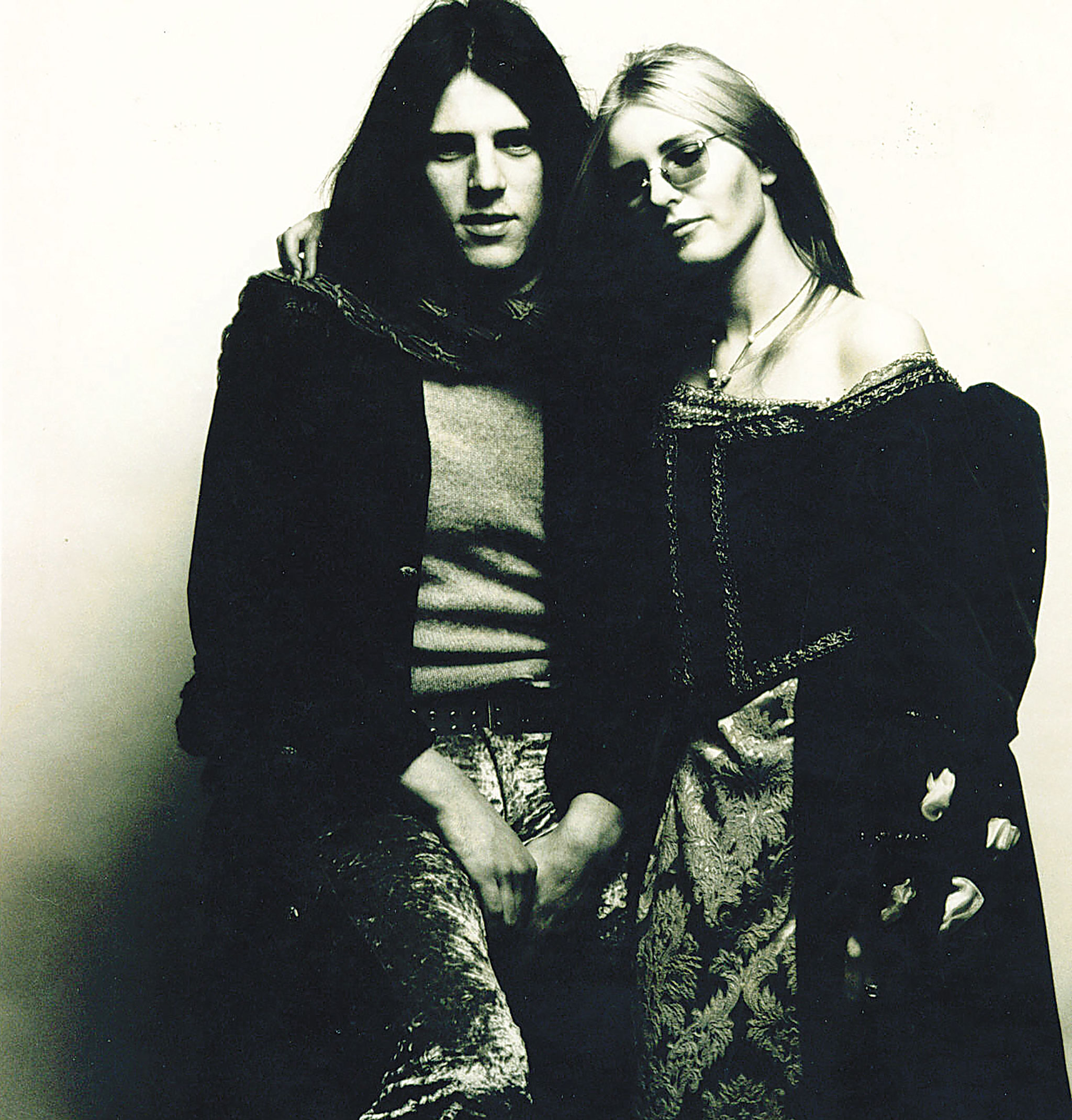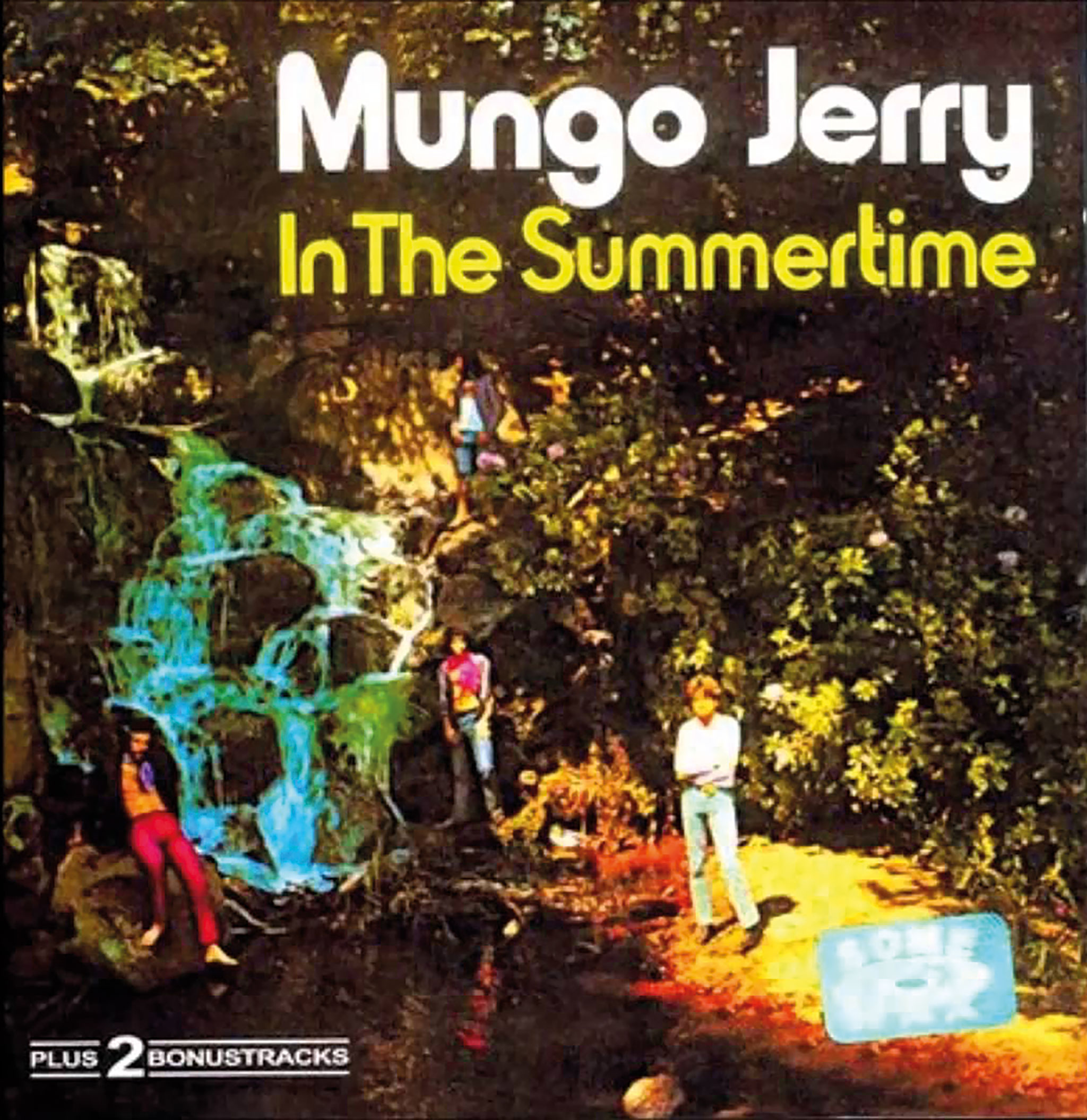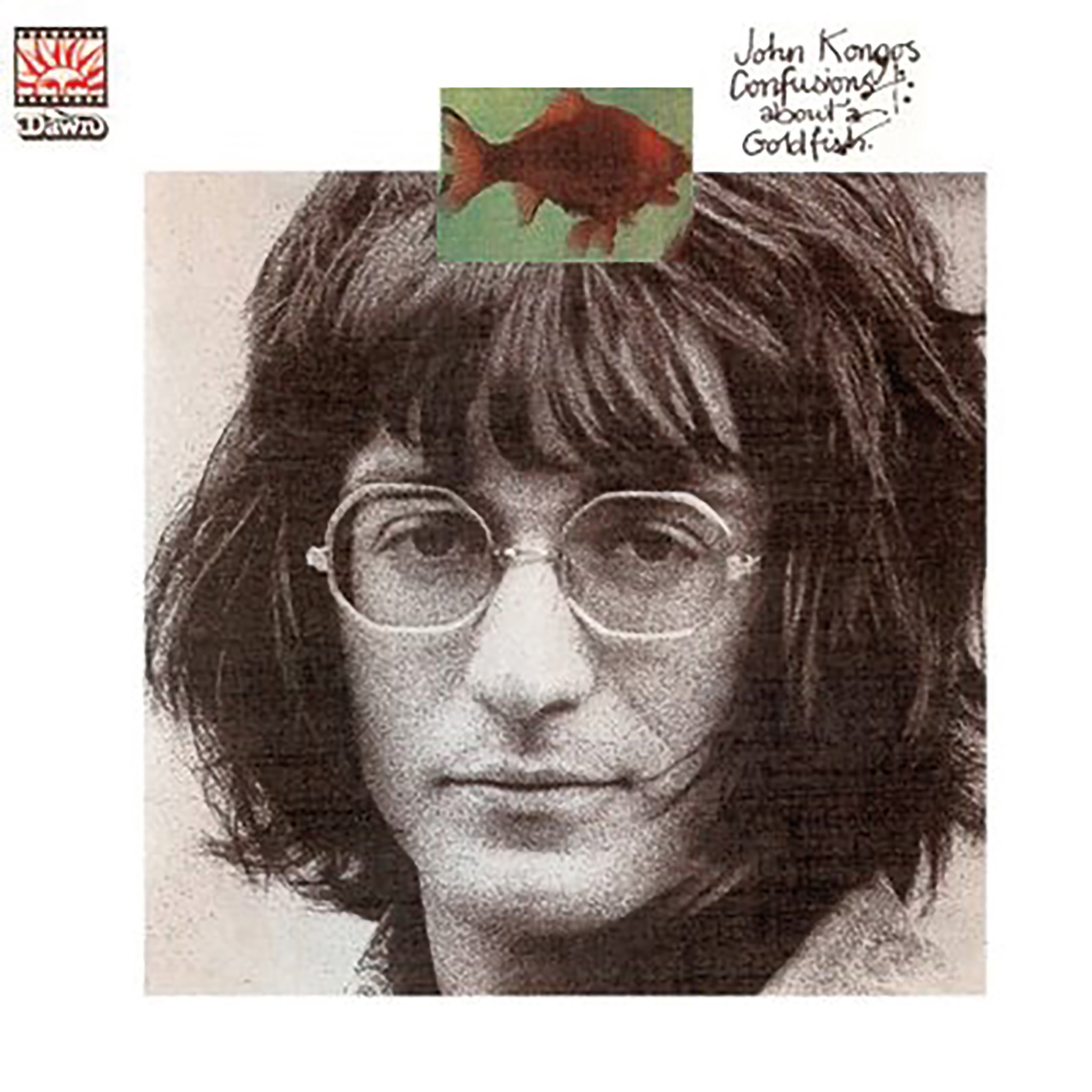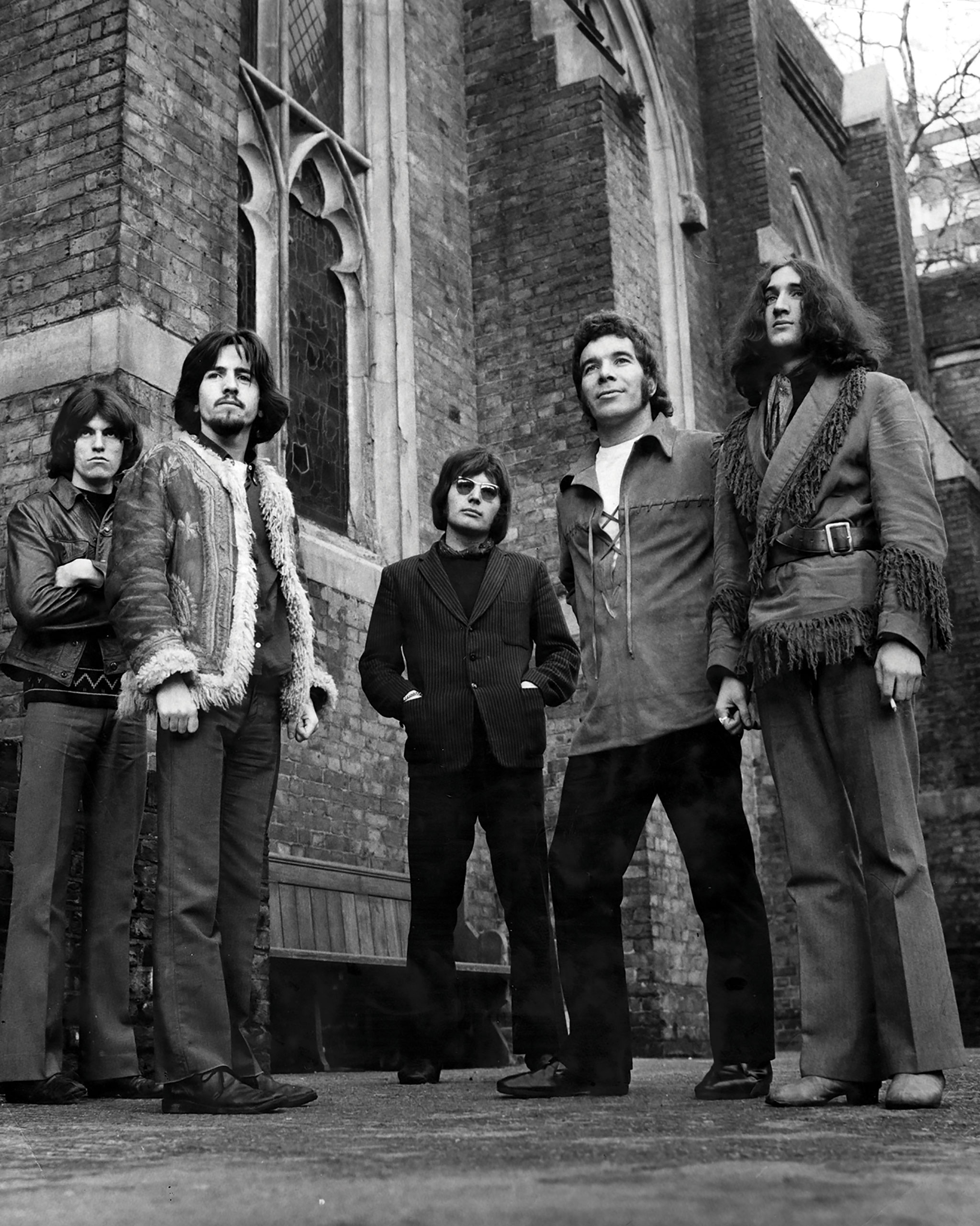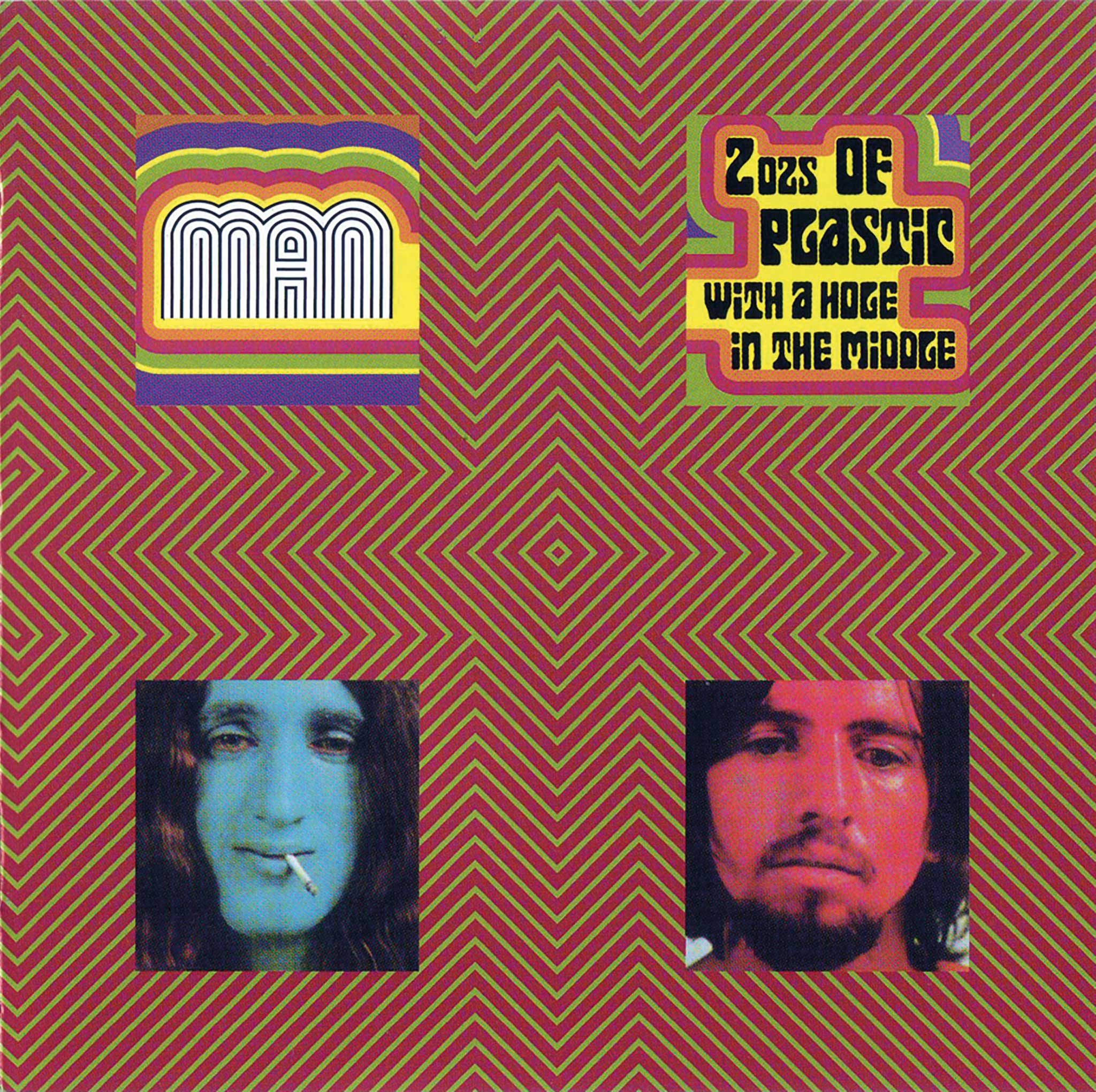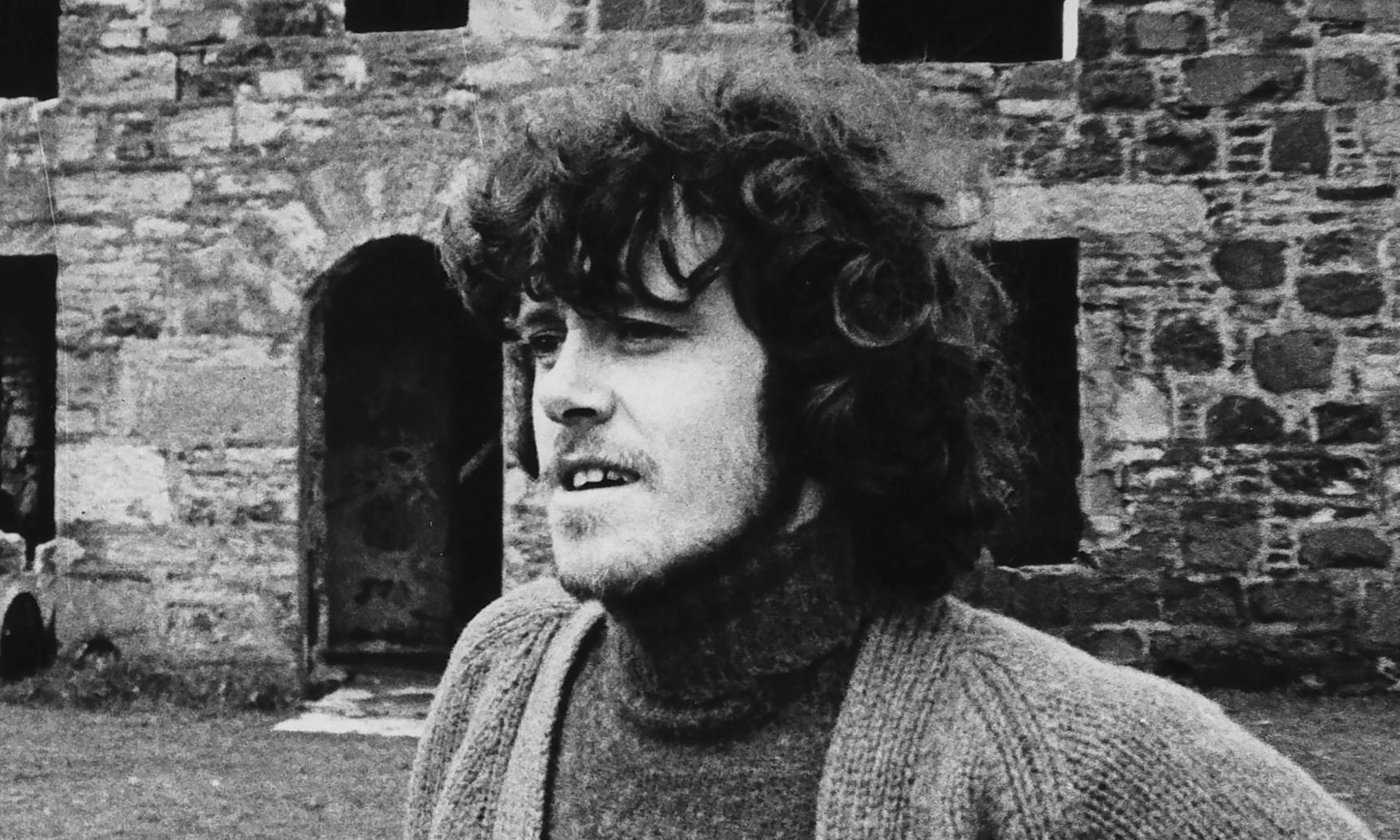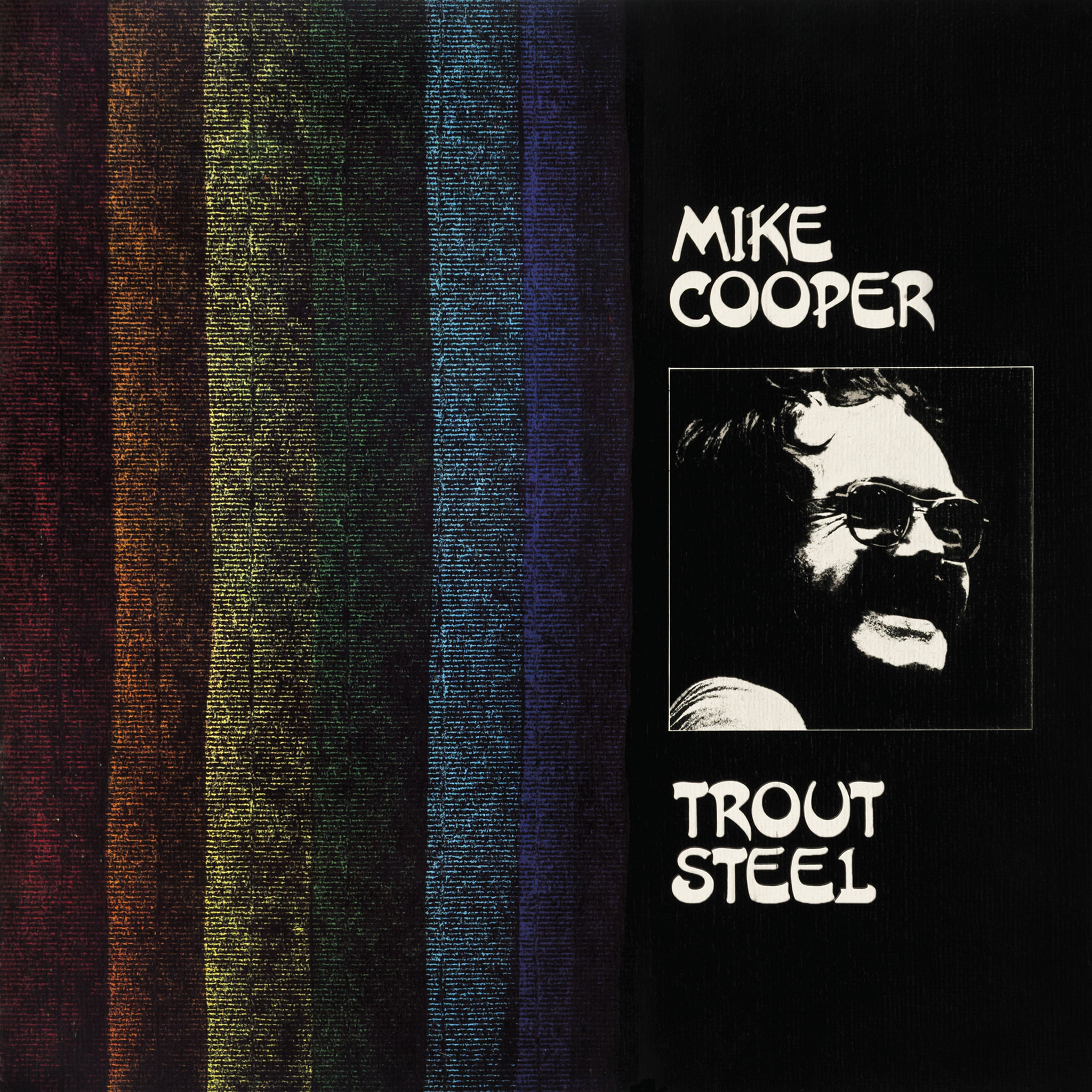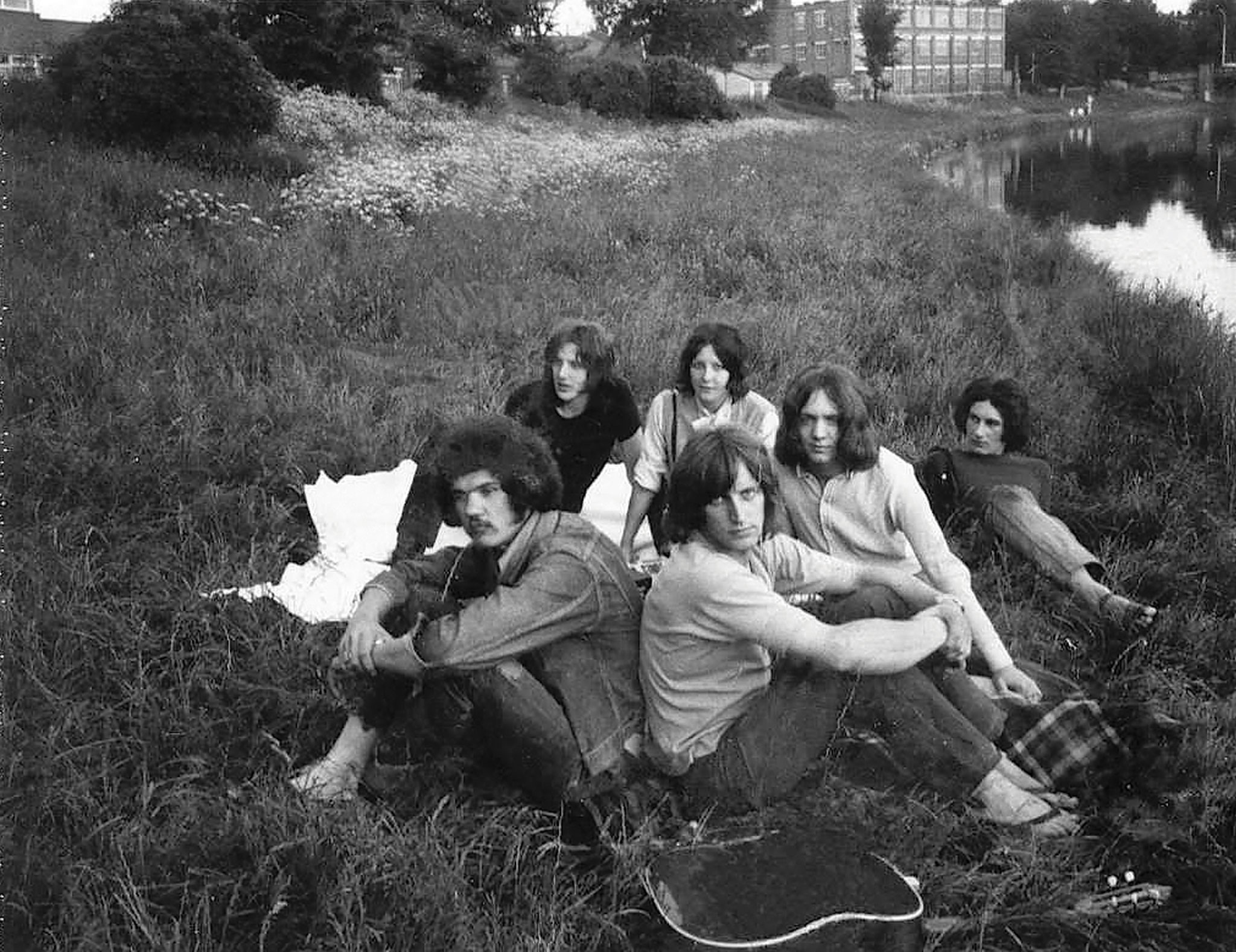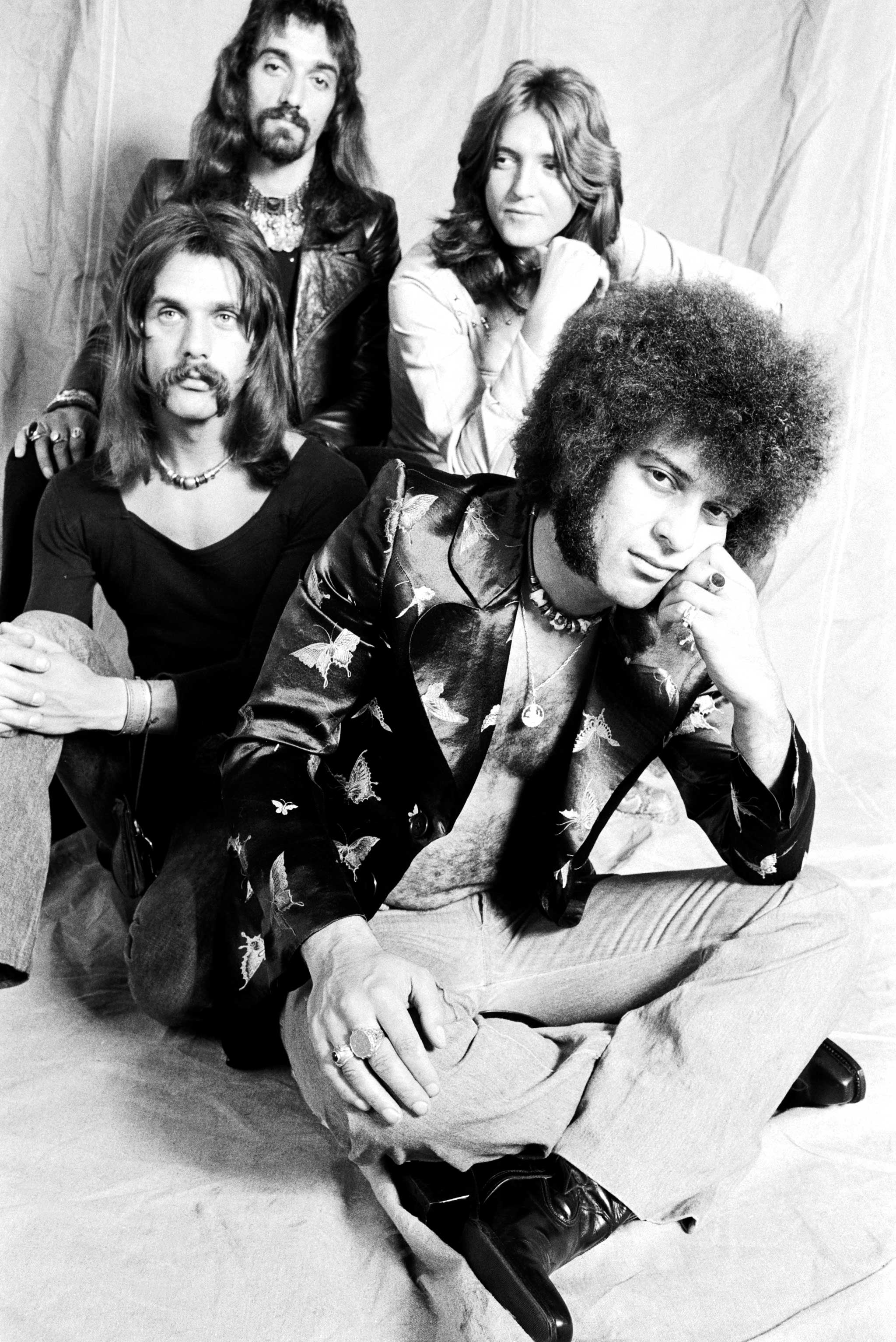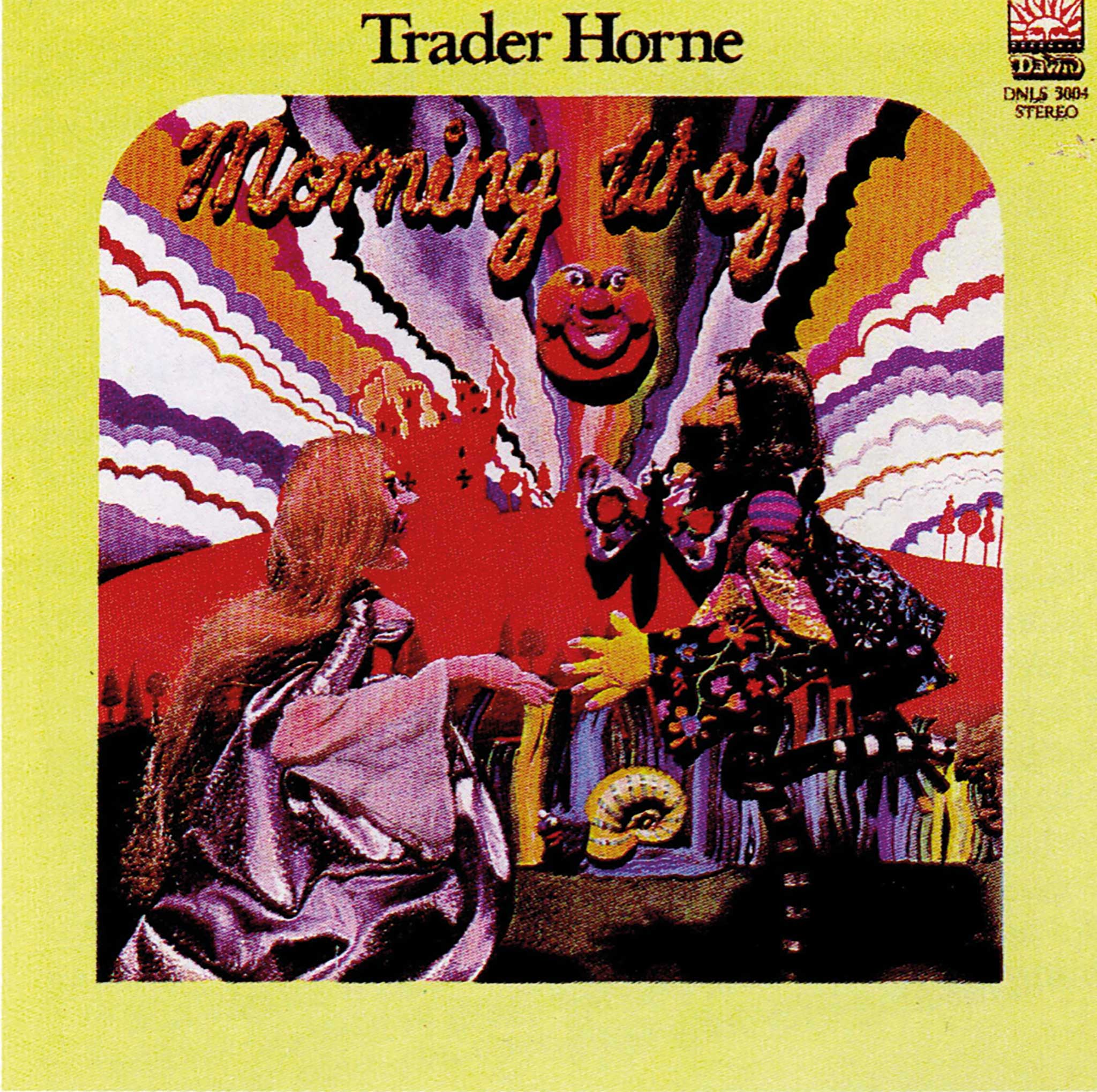Dawn Records is arguably the ‘underground’ label that has faired the least well of all its counterparts, and that is, in part, due to the retrospective reputation of its parent company, Pye. Pye was one of the true warhorses of the UK music industry but always seemed unhip, in the way that even its closest counterpart, Decca, did not.
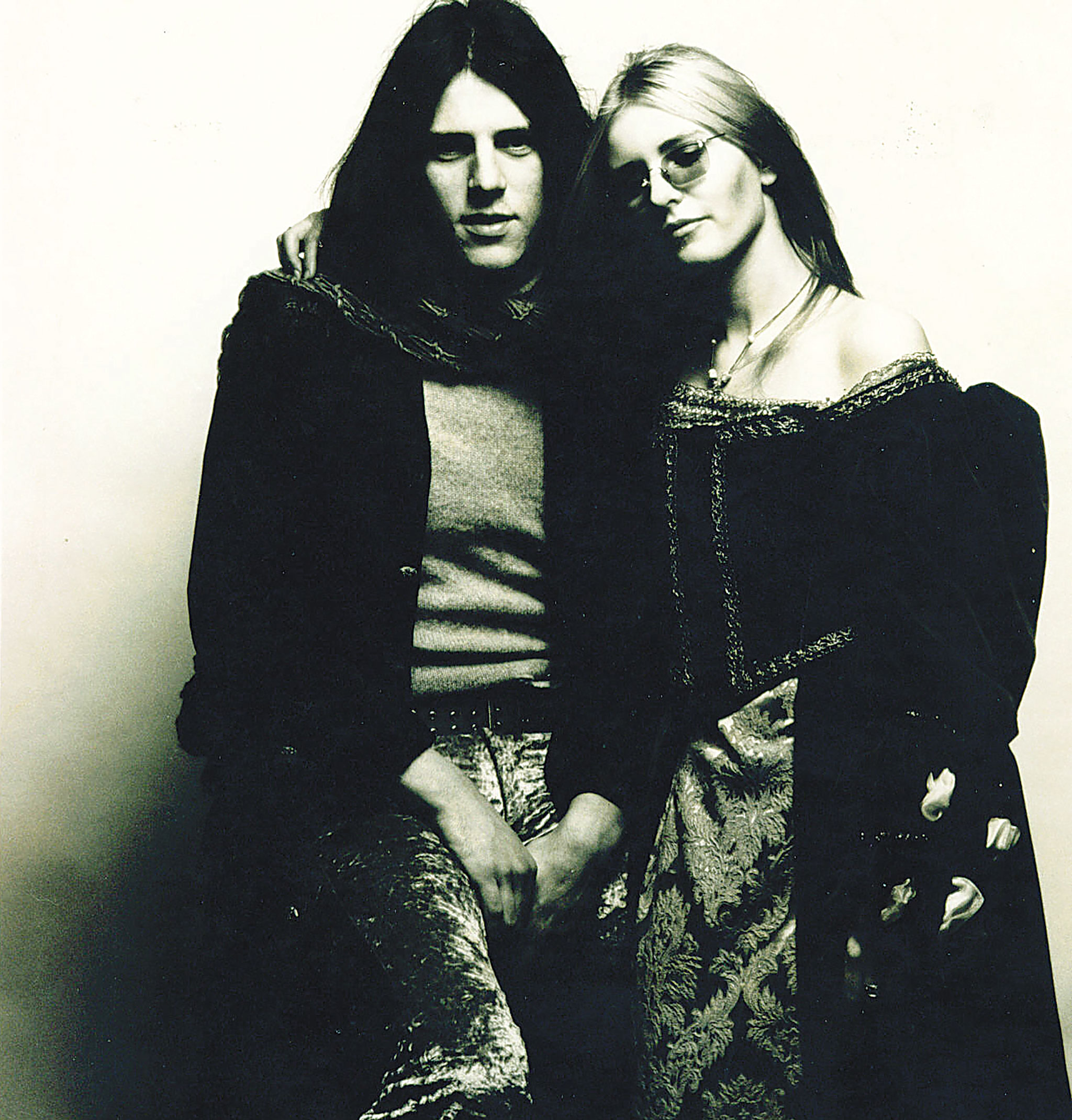
Pye had been long established thanks to its sales of television and radio; it reached across to recorded music when it acquired the Nixa imprint in 1953. Nixa had been established three years earlier as a vehicle for European pop artists and classical. Nixa then acquired Leslie Clark and Alan A Freeman’s Polygon Records, which was one of the first UK independent labels, and Pye-Nixa was established. Pye-Nixa was one of the first companies to introduce the 45 in 1955.
When commercial television launched in 1955, the Lew Grade-backed ATV bought a 49% stake in Pye, which gave the label huge funds and a new general manger in the shape of Louis Benjamin. His was not a musical background, but a strong business one. Pye established itself as a leading label thanks to Lonnie Donegan. The 60s had seen success with the trad jazz of Kenny Ball, Chris Barber and Acker Bilk, and then brought the Searchers – who proved a valuable ‘line-in’ to Merseybeat – Petula Clark, Sandie Shaw and the Kinks.
As the world turned by the late 60s, Pye joined EMI, Phillips and Deram in having their own in-house progressive imprint. Dawn broke in 1969 with releases by John Kongos, Man and Trader Horne. But the almost immediate, runaway success of the single In The Summertime by Mungo Jerry the following year at once undermined the label’s underground credibility.
** HOW IT BEGAN: **
Pye in the mid-60s was quite the place to be. “I thought Pye was cool,” Ray Davies told Jim Irvin in 1998. “They had all that R&B, Chuck Berry and Bo Diddley, and they’d put out Preachin’ The Blues by Cyril Davies which I thought was the best British R&B single ever made. So I was very happy to be on Pye.” Pye also had a toehold in distributing important international catalogues – Reprise (and later all of Warner Brothers), Chess and Elektra were all released through Pye in the UK. Pye had established its ‘pop’ label, Piccadilly in the early 60s seeing hits for Joe Brown.
In 1964, Benjamin secured the services of John Schroeder from Oriole, who had co-written Helen Shapiro’s Walking Back To Happiness and had also distributed Motown in the UK. He became an A&R manager for Pye. “I think my time with Pye Records was (my) most successful,” Schroeder says today. “The company’s success was down to one person, Louis Benjamin. He ran a really tight ship where money was virtually the only important factor. The Rockin’ Berries, the Ivy League, Status Quo and Sounds Orchestral were some of my artists.” As the decade progressed, Schroeder signed Welsh beat group, The Bystanders, and stood by as they mutated into Man, to make their Revelation album.
By 1969 the winds of change were blowing and Pye had to get with it. Dawn Records would be Pye’s imprint to rival Harvest and Vertigo. “I did suggest to Louis that we needed another label because the music industry was rapidly changing,” Schroder says. “Having a hit record was no longer the be-all and end-all. Artists were being signed because they were playing music of a totally different genre which was, in most cases, album-orientated.” Schroeder was working as a producer while industry veterans Peter Eden and Barry Murray were brought in as executives as Benjamin didn’t know how to market rock. He was sniffy at Schroeder’s charges Status Quo turning heavier and refused to sign the New Yardbirds, opting infamously for Max Bygraves instead.
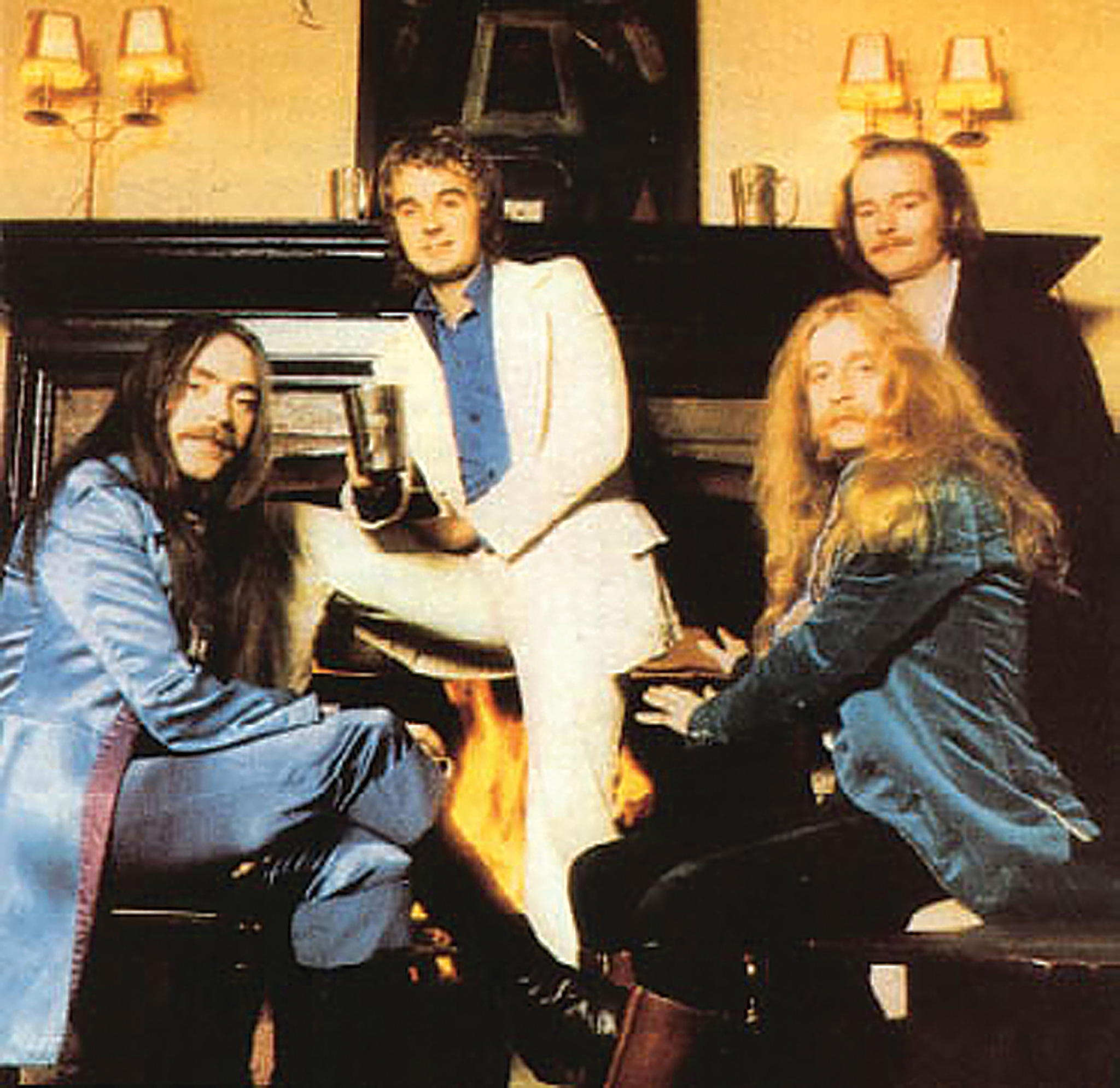
“Pye had decided that they were missing out on the psychedelia/underground/progressive genre,” Judy Dyble, vocalist with Trader Horne recalls. “The people who ran Pye didn’t know anything about it, but just saw the success that others were having with their ‘underground’ labels, decided that maybe it was a good idea to jump on the bandwagon. Barry, I think, had been given a free hand to find artists to bulk out the label and who would just about fit into the label umbrella. He was happy to record us and let us make an album for Dawn. I think we were probably one of the first albums to be released on the label.”
Acts like John Kongos switched from Pye to Dawn and were later joined by new signings Comus, Mungo Jerry, Titus Groan and Atomic Rooster. “No one actually ran the label as each record producer looked after his own artist,” Schroeder recalls. “An artist could be signed to Pye or Dawn and looked after by the producer of that artist. Dawn used exactly the same promotion guys as Pye. There was little difference except that product released through Dawn was mostly album orientated not pop orientated. No one minded having their artist released on Dawn if it was conducive to that label’s image.”
One of the key promotion guys was Peter Prince brought in as Creative Services Director, and he was a larger-than-life character. “We would have been introduced to Peter Prince and maybe Louis Benjamin,” Dyble recalls. “All I can remember is men smoking huge cigars!” Dyble had some experience with major imprints from her brief association with Fairport Convention at Polydor. “My experiences with both labels were that the management dealt with the labels and we artists really weren’t supposed to worry our pretty little heads about all that sort of thing.”
Man came across to Dawn with their 2 Ozs. Of Plastic With A Hole In The Middle album. “I was very proud of Man,” Schroeder says. “They were very pop orientated and then decided to change musical direction to being much heavier.” Dawn also picked up on the mercurial Trader Horne: “Jackie and I were being loosely managed by Barry Taylor, the manager of Steamhammer and he introduced us to Barry Murray at Dawn.” “I signed John Kongos who was so underestimated at the time,” Schroeder says. “He was an amazing talent as was proved later but at least I recognised it.”
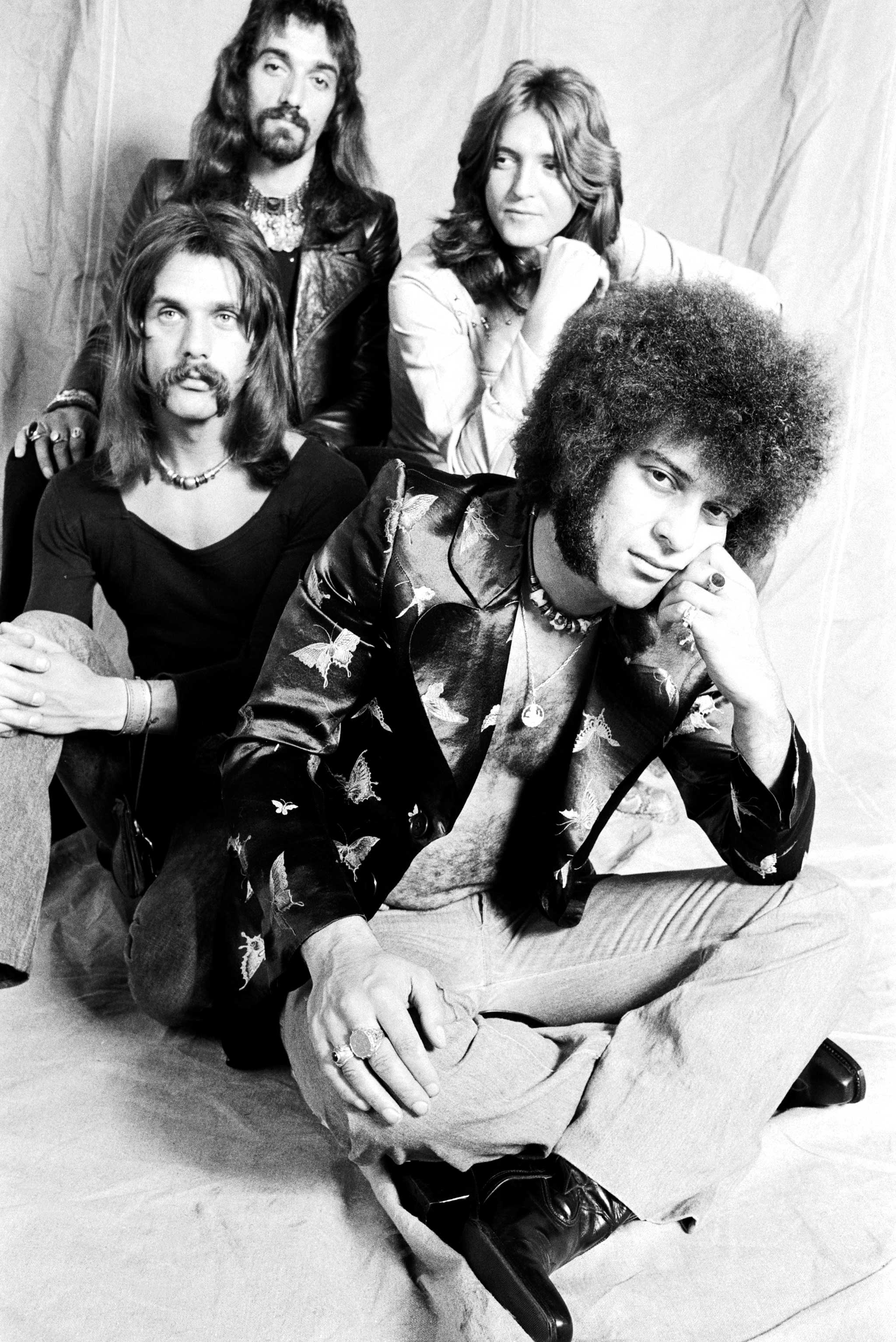
THE GOLDEN PERIOD:
Dawn launched and quickly hit the ground running with something of a doubled-edged sword. The jug-band influenced Mungo Jerry took a short-cut to the top of the UK chart with In The Summertime. Barry Murray was
a friend of Ray Dorset’s who had been in a band called The Good Earth. “Pye Records wanted to get hip because they were a mishmash and they wanted something that was more offbeat,” Ray Dorset told Jon Kutner in 2015. “Barry started Dawn Records and he asked us to make an album, which we did in a couple of afternoons and evenings.” Mungo Jerry’s success was a perfect storm – the expertise of their Red Bus Management, their appearance at the Hollywood Festival in Newcastle-Under-Lyme the day after the release of In The Summertime where they blew the Grateful Dead off the stage. And then, there was Dawn’s marketing coup of the ‘maxi-single’ – a three-track single offering 16 minutes playing time – which sold for the price of a single. The idea was Peter Prince’s and it was seen as bridging the gap between the album and the single – perfect for prog. In The Summertime remained at the top of the charts for seven weeks, which was not, frankly, a calling card for an underground label. “To my mind and with no disrespect, In the Summertime should never have been released on Dawn,” John Schroeder says.
Elsewhere, Donovan moved over from Pye for two albums; his album of Celtic rock, Open Road and his double album of children’s songs, HMS Donovan, and Trader Horne released their much loved, much sought-after album Morning Way before Dyble left on the eve of the Hollywood Festival.
WHAT HAPPENED NEXT:
There was the usual musical chairs between artists and personnel: Man went to United Artists, and various staff left Dawn in the early years of the 70s. Schroeder left Pye and Dawn in 1972 to set him his own Alaska label which signed Cymande. “My departure came about because the industry was changing,” Schroeder says. “Independent production was beginning to take a hold, like Mickie Most and RAK Records. I was in fact one of the last producers to leave the confines of a major record company.”
Peter Prince signed Fruupp, who were managed by Paul Charles at Asgard, which brought in some fabulous progressive rock. Elsewhere, Dawn maintained its schizophrenic existence until 1975, releasing albums by the Brotherhood Of Man, and – for export only – Dick Emery. Curtis Knight, trading on his reputation for being an early champion of Jimi Hendrix, formed Zeus, and released the album The Second Coming, which was one of the first times on vinyl for ‘Fast’ Eddie Clarke, who within a year would be playing with Motörhead. Kilburn And The High Roads signed a deal in the label’s latter days, which resulted in the only Kilburns album issued in their lifetime, Handsome.
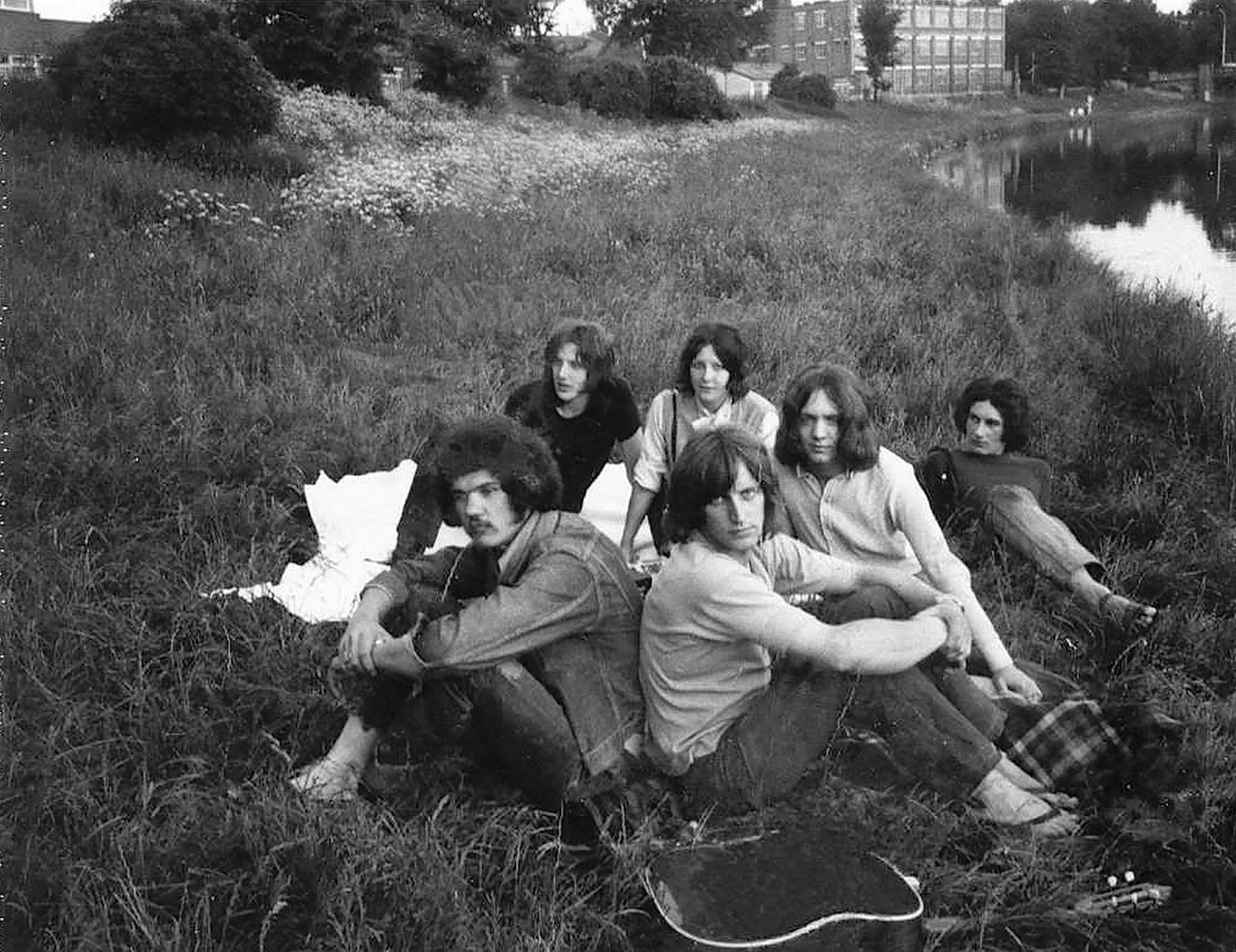
TODAY:
Five years after Dawn ceased to be, Pye finished trading in 1980. Its successor, PRT (Precision Records and Tapes) existed until the late 80s. Its catalogue went to Castle Communications and then Sanctuary; Pye’s various labels can be now be found across many companies.
WHY WE SHOULD CARE:
In the sense of its failure to really get the heads motivated and not having a real flagship band on its roster, Dawn is a bit of a black sheep within the prog family, and, of course, because of that, there is great interest shown in it. “I think Dawn came late to the game and didn’t really have a solid idea of what they were looking for,” Judy Dyble concludes. “It signed anyone who was vaguely connected and not under contract to any other company. I think Barry and Peter probably did their best to populate the label, but perhaps they had missed the boat a trifle,” John Schroeder concludes. “I believe Dawn could never compete with Harvest or Vertigo because it wasn’t set up in the same way. With no disrespect, Louis Benjamin didn’t really understand the musical significance of this type of product. His whole ambition was to make money as quickly as possible and that he achieved. Dawn could in my mind have been a lot different if it had had its own label manager and it own production team and as such operated outside of Pye Records.”

Dawn Facts:
The details behind the label.
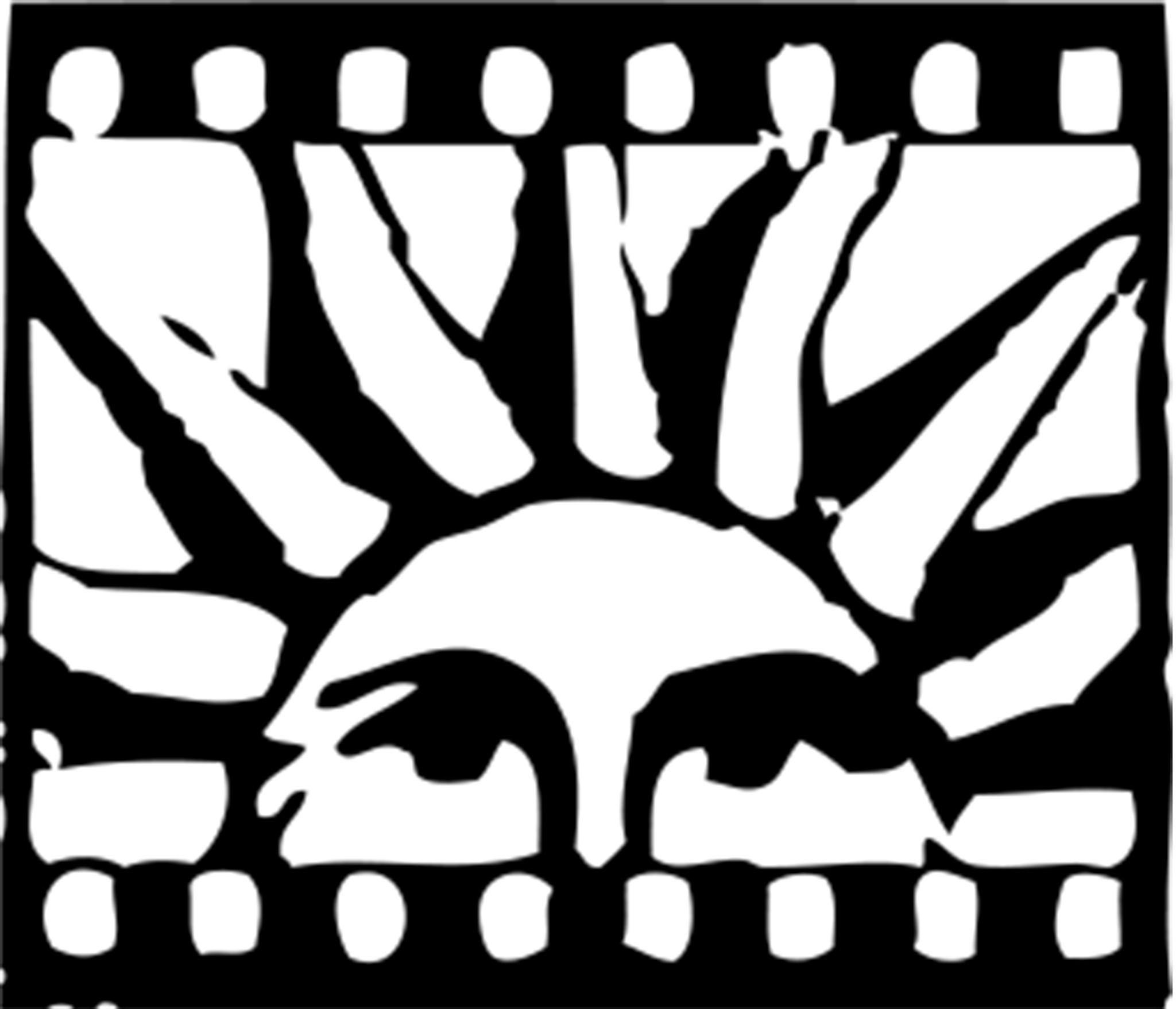
First album release: Gates Of Me by Richard Stevensen (Released finally as Pye NSLP 18358, originally intended as Dawn DNLS 3001)
First UK No. 1 single: In The Summertime by Mungo Jerry (Dawn DNX 2502, 5⁄70 – number one for seven weeks June-August 1970)
Highest charting UK album: Mungo Jerry by Mungo Jerry (Dawn Records DNLS 3008, 7⁄70)
Final UK album release: Live At Woodstock Town Hall by Stu Martin / John Surman (Dawn Records DNLS, 1975)
One perhaps to forget: Good Things Happening by Brotherhood Of Man (Dawn Records, DNLS 3063, 1974 – that said Lady is the group’s Showdown by ELO – honest)
An example of a Dawn collectible album: Morning Way by Trader Horne (Dawn Records, DNLS 3004, 3⁄70, currently on Discogs for £200)
